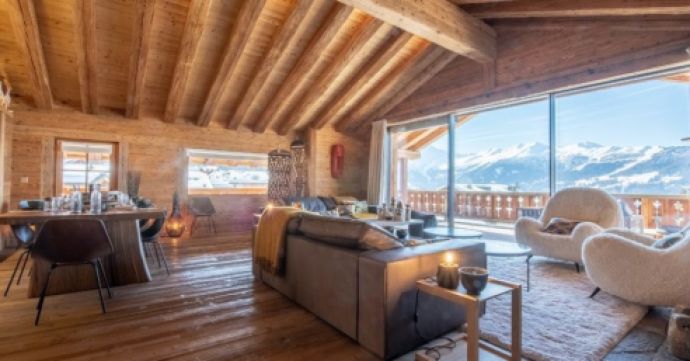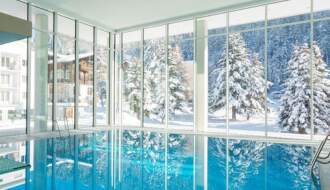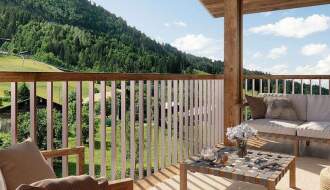Anyone buying a ski property in mainland Europe from somewhere like the UK or US will soon come across advice telling them they’ll need to engage a notary for much of the process. But who are they and what do they actually do? Plus, how much can you expect to pay?
A neutral representative of the state
First, a bit of context. Anyone coming from the UK, most Commonwealth countries or many US states is coming from a country which largely follows what’s called ‘common law’. In mainland Europe, most countries have a ‘civil code’, which was implemented by Napoléon and strictly codified a lot of processes, including buying a property.
This means the process can involve some unfamiliar figures, but it is largely safer for the buyer and seller than in the UK.
The role of a notary – or notaire, notario, notaio – is to act as an entirely neutral representative of the state. This could be in Spain, France, Switzerland, Austria, Italy, but the principle remains the same. In a property transaction, their major job is to make sure that everything is carried out in a legal and ‘proper’ manner. In other words, they protect you and the seller against anything that could come back and haunt you later down the line from not being properly written.
What this means ‘on the ground’ is that they will draw up the contracts for you and the seller, and they will witness you both signing and stamp and authenticate any documents.
In most countries, they also take care of archiving any of those documents (in France, for instance, the role of a notary includes the keeping of all documents in their own office for 75 years and then passing them to the archives).
Does the role of a notary mean a lawyer isn’t necessary?
A notary does carry out a lot of the work that your own individually engaged solicitor would in many common-law countries. However, it can still be worth having one to consult on the whole property purchase, especially on elements like choosing your ownership options (will you buy jointly, how will you transfer to children and so on). It’s also important to remember that a notary can’t advise you on the best options for you, normally – they come in once you’ve started the purchase.
How early do you engage a notary?
As above, the role of a notary begins once you make an offer, when they will draw up the reservation agreement and carry out searches. Do note that the contents of the searches will vary depending on countries – some will not include planning permission applications nearby. You can ask at your local town hall or mayor’s office.
Can you use the same notary as the seller?
Generally speaking, yes, you can. As we have previously mentioned, the notary represents the state rather than a particular party in the purchase process. The only time you might want to use a separate notary is if the vendor’s doesn’t speak English, which would be very rare for one operating in a ski area.
How much does a notary cost?
Now to the crux of the matter! The buyer, rather than the seller usually pays the costs, which can vary from region to region. Normally, they’re a sliding-scale percentage based on the price of the property you buy or based on the complexity of the transaction.
In France, they are the following:
|
Price band |
Percentage |
|
<€6,500 |
3.945% |
|
€6,500-€17,000 |
1.627% |
|
€17,000-€60,000 |
1.085% |
|
>€60,000 |
0.814% |
In Spain, the fees are calculated with a complicated process that makes it hard to give an exact figure, but the good news is they haven’t been upped for decades. The average is around €600-€875.
In Italy, you’re normally looking at between €1,000 and €3,000, with variation between each commune.
In Switzerland, they’re different depending on the precise canton in which you’re located. A lot of people will tell you they’re around 0.1% of the property price, but that largely applies to cities. In most of the cantons where you’ll find the ski resorts, they are a bit higher. In Canton Valais, for instance, you’re looking at around 2.5-3%.
Austrian notaries will normally charge 2%, plus VAT, with a higher fee for more complex transactions.
What are the other key parts of the buying process?
A notary is just one part of the buying journey. To find out about the whole process, download your free Buying Guides today. Plus, to find out how to transfer your money safely – without risking the exchange rates suddenly moving against you and adding thousands to your purchase price – down the Property Buyer’s Guide to Currency.





 Apr 15, 2024
Apr 15, 2024

